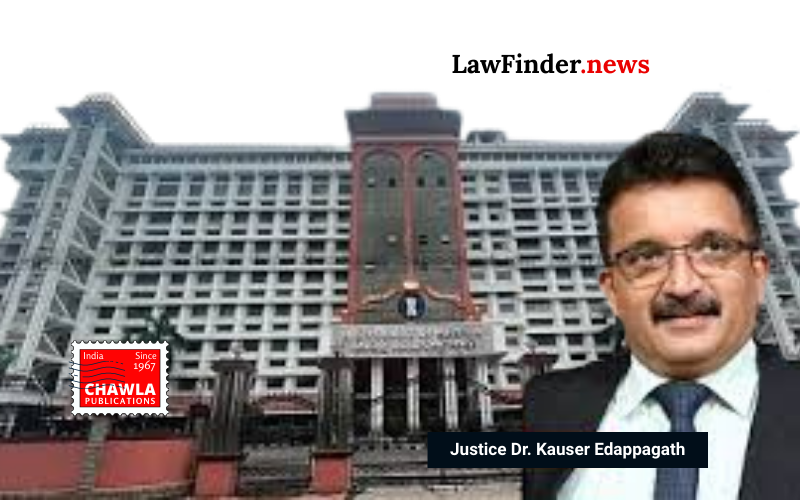Court Emphasizes Need for Reasoned Orders in Delay Condonation Under Criminal Procedure
In a significant ruling, the Kerala High Court has set aside a trial court's decision to condone a delay in taking cognizance of offences without sufficient and reasonable explanation. The judgment was delivered by Dr. Kauser Edappagath, J., in the case of Santhosh Kumar v. Syamala. The case involved allegations against the petitioner, Santhosh Kumar, of wrongful restraint and causing bodily injury, punishable under Sections 323 and 341 read with Section 34 of the Indian Penal Code (IPC).
The incident in question occurred on January 27, 2013, but the final report was submitted only on November 17, 2016. According to Section 468 of the Criminal Procedure Code (Cr.P.C), courts are barred from taking cognizance of certain offences after a specified limitation period, which, in this case, was one year for the offences alleged. The trial court had condoned the delay based on a petition filed by the prosecutor, despite opposition from the petitioner.
The High Court, upon reviewing the case, found that the trial court's order lacked a genuine and reasonable explanation for the delay. The court emphasized that condonation of delay cannot be a routine matter and must be supported by sufficient reasons, as mandated by Section 473 of the Cr.P.C. The court stated that the trial court had failed to verify the sufficiency of reasons presented by the prosecutor and had merely condoned the delay in the interests of justice without a thorough examination.
Dr. Edappagath highlighted the importance of recording reasons for condoning delays, stressing that such decisions must reflect the court's satisfaction with the explanation provided. He cited precedent cases such as Sukhdev Raj v. State of Punjab and Dharampalsatyapal Ltd. v. State of Kerala, which underscore the necessity for a precise reference to the causes of delay that can be tested for relevancy and sufficiency.
The High Court's ruling directs the trial court to reconsider the condonation petition afresh and issue a reasoned order within two months. This decision reinforces the principle that procedural safeguards in criminal justice must be adhered to diligently, ensuring that delays are justified with genuine reasons rather than merely in the interests of justice.
Bottom Line:
Delay in taking cognizance of offences under Section 468 Cr.P.C cannot be condoned without sufficient and reasonable explanation. Trial courts must provide reasoned orders reflecting their satisfaction in condoning such delays.
Statutory provision(s): Sections 468, 469, 473 of the Criminal Procedure Code, 1973; Sections 323, 341, 34 of the Indian Penal Code
Santhosh Kumar v. Syamala, (Kerala) : Law Finder Doc id # 2777190




